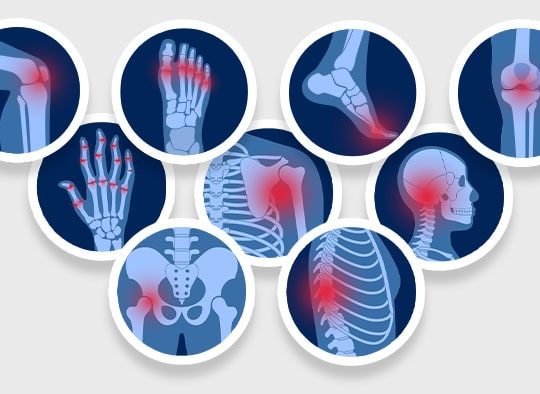Sleep. It’s something we all need, yet it often feels like an elusive luxury in our fast-paced, always-on world. As someone who has struggled with sleep issues for years, I know firsthand the impact that a poor night’s sleep can have on our overall well-being. But fear not! In this blog post, I want to share with you the science behind sleep and some tips that have personally helped me get a better night’s rest.

Let’s start by delving into the science of sleep. Why do we sleep? Well, the truth is, scientists are still trying to fully understand this phenomenon. However, one of the prevailing theories suggests that sleep is essential for the restoration and rejuvenation of both our bodies and our minds.
During sleep, our bodies go through various stages, including rapid eye movement (REM) sleep and non-REM sleep. REM sleep is the stage where most of our dreaming occurs and is crucial for cognitive function and memory consolidation. Non-REM sleep, on the other hand, is responsible for physical restoration, such as muscle repair and growth.
So, how much sleep do we actually need? Well, it varies from person to person, but the National Sleep Foundation recommends that adults aim for 7-9 hours of sleep per night. Interestingly, research shows that consistently getting less than the recommended amount of sleep can have severe consequences for our health.
Now that we understand the importance of sleep, let’s dig into some practical tips for improving our sleep quality. These tips are based on both scientific research and personal experience, so let’s dive in!
1. Establish a consistent sleep schedule: Our bodies thrive on routine, so try to go to bed and wake up at the same time every day, even on weekends. This helps regulate our internal body clock and promotes better sleep quality.
2. Create a calming bedtime routine: Engage in activities that help you wind down, such as reading a book, taking a warm bath, or practicing relaxation techniques like deep breathing or meditation. The key is to create a soothing environment that signals to your body that it’s time to sleep.
3. Make your bedroom a sleep-friendly environment: Ensure that your bedroom is cool, dark, and quiet. Consider investing in blackout curtains, earplugs, or even a white noise machine to block out any potential disturbances that might disrupt your sleep.
4. Limit exposure to electronic devices before bed: The blue light emitted by electronic devices such as smartphones, tablets, and computers can interfere with our sleep by suppressing the production of melatonin, a hormone that regulates our sleep-wake cycle. Try to avoid screens for at least an hour before bed or use blue light-blocking glasses.
5. Watch what you eat and drink: Avoid consuming stimulants like caffeine, nicotine, and alcohol close to bedtime, as they can disrupt your sleep patterns. Instead, opt for a light snack that combines protein and carbohydrates, such as a small handful of nuts or a banana, to promote healthy sleep.
6. Exercise regularly but at the right time: Engaging in physical activity can help improve sleep quality, but the timing is crucial. Exercising too close to bedtime can actually make it harder to fall asleep. Aim to finish your workout at least a few hours before bed to allow your body enough time to wind down.
7. Manage stress: High levels of stress can significantly impact our sleep. Find healthy ways to manage stress, such as engaging in relaxation techniques, journaling, or talking to a therapist. Recognize that good sleep and stress management often go hand in hand.
8. Invest in a comfortable mattress and pillows: A supportive and comfortable sleep surface is essential for a good night’s rest. Take the time to find the right mattress and pillows that suit your individual needs and preferences.
Remember, improving your sleep won’t happen overnight. It takes time and consistency to establish healthy sleep habits. Be patient with yourself and experiment with different strategies to find what works best for you.
In conclusion, understanding the science of sleep and implementing practical tips can significantly improve the quality of our rest. As someone who has experienced the negative consequences of sleep deprivation, I can attest to the transformative power of a good night’s sleep. So why not give these tips a try? Your body and mind will thank you. Sleep tight, my friends!











